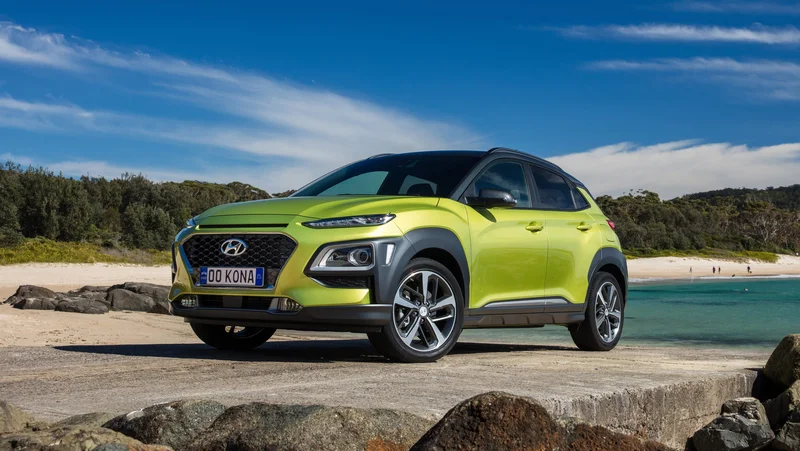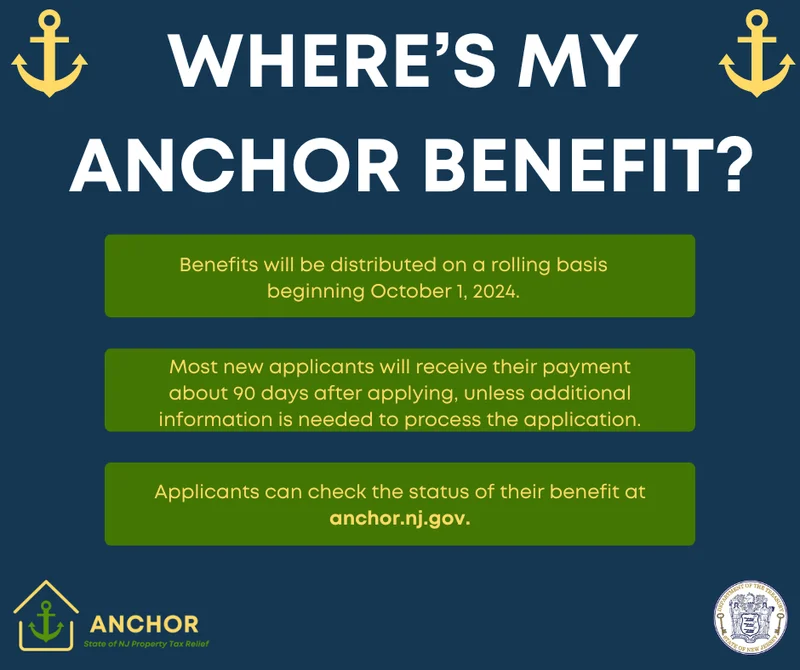Hyundai's Labor Lawsuit: Child Exploitation Allegations and Industry Impact
Hyundai & Kia's O.C. Nightmare: Child Labor Allegations
Orange County, California, usually conjures images of sun-drenched beaches and meticulously planned communities. But a recent labor lawsuit paints a far darker picture: allegations of Hyundai and Kia exploiting children, immigrants, and inmates. The claim, if substantiated, would be a PR disaster and a potential financial black hole for the automakers.
What's striking is the breadth of the allegations. It's not just one rogue factory; the lawsuit suggests a systemic issue involving multiple vulnerable populations. This isn't just a slip-up; it's a potential pattern.
The immediate financial impact is difficult to quantify (details on the lawsuit's specifics are scarce), but the reputational damage could be significant. Consumers, especially in the current climate of corporate social responsibility, are increasingly sensitive to ethical sourcing and production. Will this impact sales of the `hyundai elantra`, `sonata hyundai`, or the popular `hyundai santa fe`? Early to say, but it's a risk.
Quantifying the Unknown: The Data We *Don't* Have
The lack of publicly available data is a concern. We don't know the scale of the alleged exploitation, the specific locations involved, or the internal controls (or lack thereof) that allowed this to happen. This information asymmetry makes it difficult to assess the true risk to Hyundai and Kia.
And this is the part of the analysis that I find genuinely puzzling. Large corporations like Hyundai and Kia have extensive supply chain audits and compliance programs. How could such a blatant violation occur, seemingly under the radar? Were these practices deliberately concealed? Were internal audits inadequate? These are the questions that investors and consumers should be asking.
A similar case can be seen with companies like `toyota`, `honda`, `ford` and `nissan` who have had similar lawsuits. The key difference is the allegations of child labor, which is a huge public relations hit.

It’s worth noting that the "immigrant" category is broad. Are we talking about documented workers facing unfair conditions, or undocumented workers being actively exploited due to their precarious status? The distinction matters, both legally and ethically.
The "inmate" allegation is particularly troubling. Are we talking about voluntary work programs within prisons (which, while controversial, are somewhat regulated), or something far more coercive? Details are needed to determine the type of situation.
A Ticking Time Bomb
The lawsuit is more than just a legal challenge; it's a test of corporate integrity. The response from Hyundai and Kia will be crucial. Will they be transparent and proactive in addressing the allegations, or will they attempt to downplay or deny them? The latter approach, in my opinion, would be a grave mistake.
The lack of initial information is also a concern. Where is the statement from the company? Why haven’t they publicly addressed the situation? It's as if they are trying to ignore the situation, rather than get in front of it.
The future of the `2026 hyundai palisade` might even be at risk if the allegations are true.
So, What's the Real Story?
This isn't just a legal problem; it's a fundamental failure of oversight and ethical responsibility. Until Hyundai and Kia provide a full and transparent accounting of the situation, a cloud of suspicion will hang over their operations. The silence is deafening.
-

Warren Buffett's OXY Stock Play: The Latest Drama, Buffett's Angle, and Why You Shouldn't Believe the Hype
Solet'sgetthisstraight.Occide...
-

The Business of Plasma Donation: How the Process Works and Who the Key Players Are
Theterm"plasma"suffersfromas...
-

The Great Up-Leveling: What's Happening Now and How We Step Up
Haveyoueverfeltlikeyou'redri...
-

NJ's ANCHOR Program: A Blueprint for Tax Relief, Your 2024 Payment, and What Comes Next
NewJersey'sANCHORProgramIsn't...
-

The Future of Auto Parts: How to Find Any Part Instantly and What Comes Next
Walkintoany`autoparts`store—a...
- Search
- Recently Published
-
- John Ternus at Apple: Net Worth, Age, and Tim Cook Succession Plans
- Google Stock: Berkshire Hathaway's Billion-Dollar Bet and What We Know
- CoinMarketCap: Crypto Prices, Bitcoin vs. XRP, and What's Real
- Indigo: What's the Story?
- Daniel Driscoll and the Army Overhaul: What It Means for the Future of Defense
- Mars' Orbit: What We Know About Earth, Venus, and the Other Planets
- Firo Hard Fork: What to Expect and Why It Matters
- USAA Insurance: Car, Life, and Health—What We Know
- Nvidia Stock: Huang's "Incredible News" vs. What the Price is Actually Doing
- Bitcoin's Bear Market: Price Trends and What We Know
- Tag list
-
- carbon trading (2)
- Blockchain (11)
- Decentralization (5)
- Smart Contracts (4)
- Cryptocurrency (26)
- DeFi (5)
- Bitcoin (32)
- Trump (5)
- Ethereum (8)
- Pudgy Penguins (7)
- NFT (5)
- Solana (5)
- cryptocurrency (6)
- XRP (3)
- Airdrop (3)
- MicroStrategy (3)
- Stablecoin (3)
- Digital Assets (3)
- PENGU (3)
- Plasma (5)
- Zcash (6)
- Aster (5)
- investment advisor (4)
- crypto exchange binance (3)
- SX Network (3)
